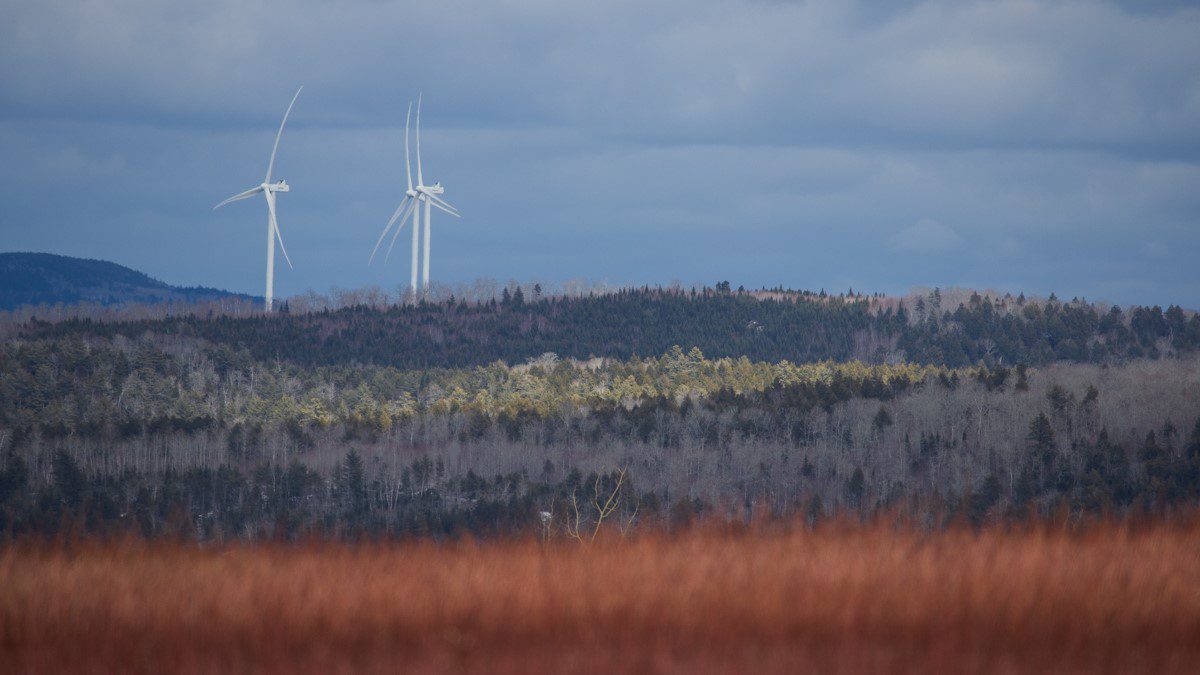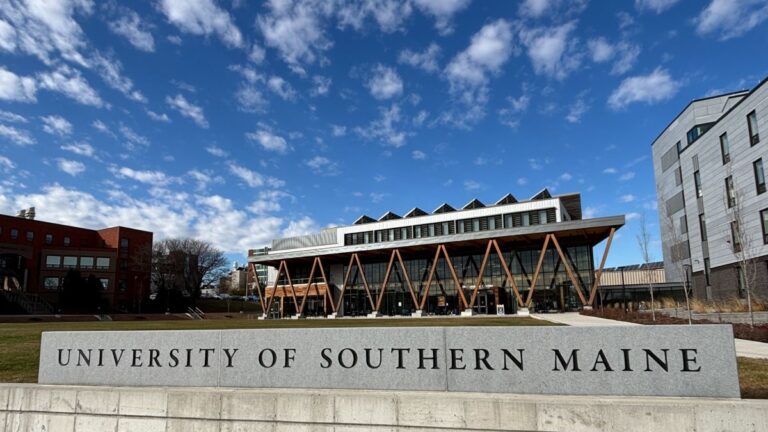Editor’s Note: The following story first appeared in The Maine Monitor’s free environmental newsletter, Climate Monitor, that is delivered to inboxes every Friday morning. Sign up for the free newsletter to get important environmental news by registering at this link.
Multiple studies have shown that Americans tend to misjudge how others in this country feel about climate change. People chronically underestimate how worried others are about the threat, how much they accept the science, and whether they support all manner of policy solutions.
Take a quick guess: What percentage of people on your street or in your town do you think feel “alarmed” about climate change? And how would your answer to this question affect how you talk to others about your own views?
“Pluralistic ignorance — a shared misperception of how others think or behave — poses a challenge to collective action on problems like climate change,” wrote researchers from Boston College, Indiana University and Princeton University in a 2022 paper. “Collective solutions … are hampered if people fail to accurately perceive that others are concerned and support taking action.”
They write that this is a classic example of “conservative bias,” where perceptions of public opinion tend to lag decades behind the real thing. This is “particularly likely when public opinion has recently changed on a topic but policy and structural change has not yet resulted from this shift, leaving little concrete indication of a shift in norms,” the study says — a circular problem.
This study served to see if people would guess right about data from one of the preeminent trackers of public opinion on climate change, the Yale Program on Climate Change Communication. Their surveys with George Mason University are an invaluable and detailed source of trends, in some cases dating to the mid-2000s, on how American climate thinking is evolving. Just this week, they put out a new analysis of views on the Inflation Reduction Act.
The findings from the 2022 paper on “pluralistic ignorance” of Yale’s results were striking: “While most Americans believe that less than half of the country is worried about climate change, in actuality [per Yale’s data] it is two-thirds. Americans’ estimates for major climate policy support is the same or even lower, when in fact two-thirds of the country or more support each of these policies.”
They had asked respondents about a range of policies from the Yale surveys — ideas like a carbon tax rebated to the public, or renewables development on public lands. And the study found people tended to misjudge views on these issues within their home states just as much as nationwide.
So let’s try to get our perceptions up to date by digging into the topline Yale data for Maine. We’ll pull from this interactive map of data updated through fall 2021, which can be broken down by state, county, congressional district and metropolitan areas.
Maine counties vary in their level of basic acceptance that global warming is happening — Cumberland and Knox top the list at around 75%, while Piscataquis County ranks lowest at 65%. The national average is 72%.
Around 60% of people in most coastal Maine counties accept that global warming is caused by human activities, slightly higher than the national average. Out of all of New England, Piscataquis County has the fewest people who said yes to this question, at 50%. The proportions are similar for Mainers who think, for example, that Congress should do more to address climate change.
No more than 44% of people in any Maine county think climate change will harm them personally. The national average, and the proportion for much of the rest of New England, is only slightly higher. It tops 50% only in certain coastal areas of the mid-Atlantic and Florida, southwestern Texas, interior Alaska and fire-prone parts of the Southwest and California.
People in coastal Maine counties are generally more worried about global warming, not just in the left-leaning First Congressional District but Down East as well. These residents are more likely to say they’ve experienced the effects of global warming personally, for example. Hancock and Cumberland were the counties where the most Mainers (around 40%) said they talked about global warming at least occasionally and heard about it at least weekly in the news.
Feelings about climate-related policies are a more mixed bag that doesn’t always match these rates of climate awareness. Seventy to 80% of Mainers support climate education in schools, but the statewide average is lower than anywhere else in the Northeast.
About three-quarters of people in all states, including Maine, support tax rebates for energy-efficient vehicles and solar panels. About half of people in most of Maine and nationwide also support expanding offshore oil and gas drilling in U.S. waters. Piscataquis and Aroostook County are closer to 60% in support of this idea, more than anywhere else in New England.
Yale’s data breaks down into what they call “global warming’s six Americas.” People who are “concerned” or “alarmed” are now in the majority, with the “alarmed” group more than doubling in size since 2012. Take a simple quiz to find out where you fall on this spectrum — and next time you’re talking to a neighbor about changes in the weather or ways to lower home energy costs, remember, your assumptions about their beliefs may be behind the times.
To read the full edition of this newsletter, see Climate Monitor: What do you think your neighbors think about climate change?
Reach Annie Ropeik with story ideas at: moc.l1765152096iamg@1765152096kiepo1765152096ra1765152096.








